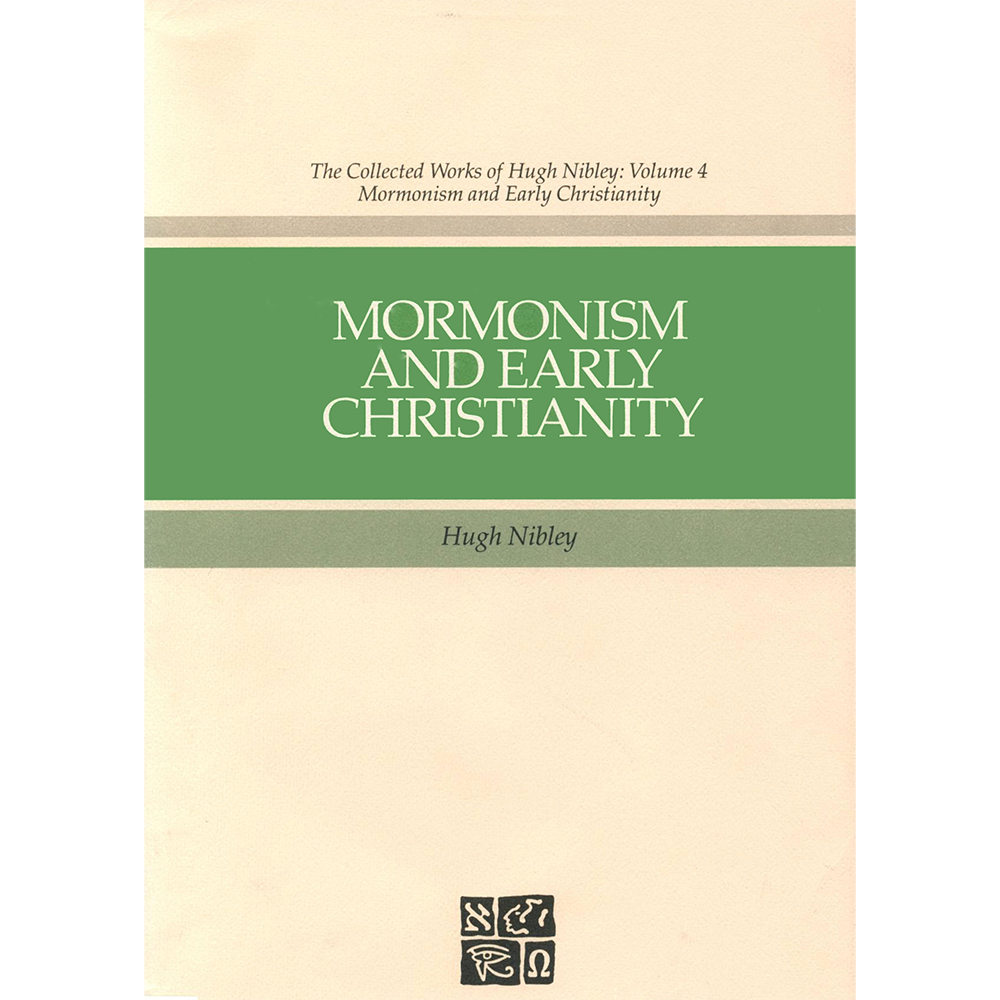DOUBLE POINTS for Platinum members TODAY ONLY.
Mormonism and Early Christianity (Collected Works of Hugh Nibley, Vol. 4)
Mormonism and Early Christianity (Collected Works of Hugh Nibley, Vol. 4)

- Select Styles for Availability
Through this purchase, you are granted a license to the relevant Digital Goods (including but not limited to eBooks, audiobooks, and podcasts) subject to our Digital Goods License.
eBooks and Audiobooks (Digital) are delivered instantly to the Deseret Bookshelf app. They are not compatible with Kindle or other e-reader devices. Digital items cannot be gifted, returned, nor refunded.

